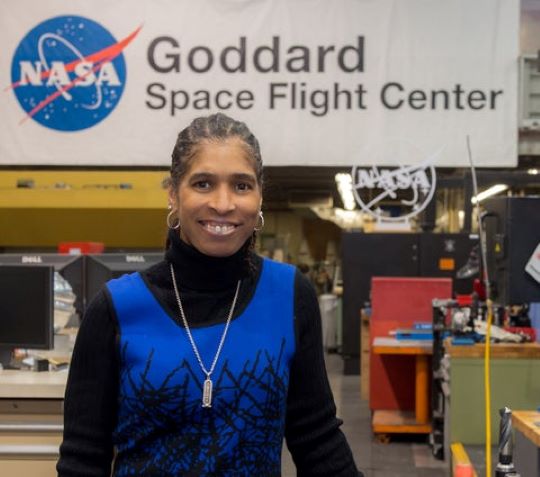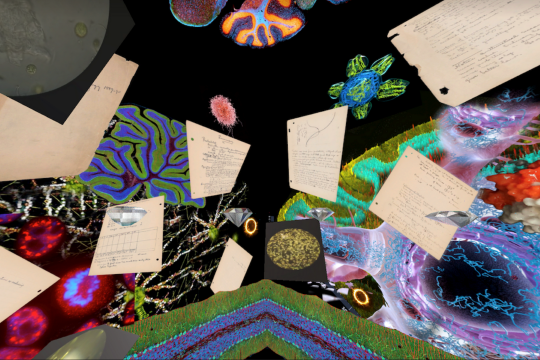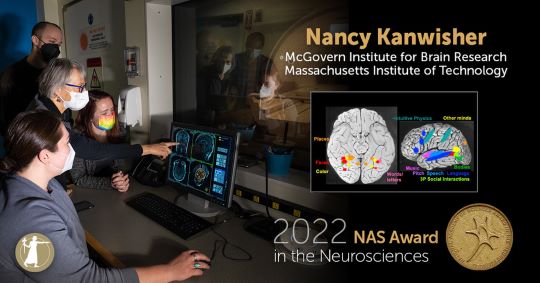|
Dear Colleagues, I am pleased to include another issue of RFS Briefings with some timely and encouraging updates on women in science. The Rosalind Franklin Society celebrates these accomplishments, and many more, by recognizing, fostering, and advancing critical contributions from women in the life sciences and affiliated disciplines in the annual virtual conference Labs, Leaders, Critical Connections. From groundbreaking research to prestigious awards and recognition, this event provided incredible access to emerging stars as well as those who continue to lead the way. If you missed this event , it will be available for free on-demand beginning this week. We hope you will watch it (or watch it again!) and share it with your colleagues. Also, in honor of Black History Month we continue to highlight the leadership and contributions of Black women in science. Please take some time this month to watch several impressive presentations we have hosted in the past year.
Please continue to share important news and opportunities with us so that we may share it with you, and others who are committed to supporting the careers of exceptional women in science.
Stay safe and sound,
Karla Shepard Rubinger
13 Black women in STEM you should know!
In honor of Black History Month, here are 13 African-American women, from yesteryear to today, who defied insurmountable odds and continue to pay the way forward for the girls who would succeed them. May we see more of them, may we be inspired by them, may we raise them. (Image: Aprille Ericsson-Jackson. Credit: Wikipedia). Read more. Dr. Carlotta Arthur named new executive director of Division of Behavioral and Social Sciences and Education at National Academies. Dr. Arthur comes to the National Academies from the Henry Luce Foundation, where she serves as director of its Clare Boothe Luce (CBL) Program for Women in STEM, which provides significant support for women in science, mathematics, and engineering in higher education and has made more than $200 million in grants since its inception. During her tenure, Arthur has expanded the national and global profile of CBL and the Luce Foundation’s activities to transform STEM systems and structures through the lens of equity and inclusion. Read more. Celebrating Black Scientists. Black History Month: Black trailblazers in science and biotechnology that you need to know. Immersive video game explores the history of women at MIT.
A new video game, "A Lab of One’s Own," creates an immersive environment in which players discover archival materials that tell the stories of women from MIT’s history. “Our goal was to bring these materials into conversation through an engaging virtual space,” says Maya Bjornson. “We felt that by using new digital technologies we could make the archives accessible to a wider audience, and make research feel like play.” Read more. Jacqueline Barton of Caltech honored by the American Chemical Society. CZI and National Academies of Sciences, Engineering, and Medicine launch science diversity leadership program to recognize and further accomplishments of outstanding science faculty. Nancy Kanwisher wins National Academy of Sciences Award in the Neurosciences.
Nancy’s work over the past two decades has argued that many aspects of human cognition are supported by specialized neural circuitry, a conclusion that stands in contrast to our subjective sense of a singular mental experience,” says McGovern Institute Director Robert Desimone. “She has made profound contributions to the psychological and cognitive sciences and I am delighted that the National Academy of Sciences has recognized her outstanding achievements.” Read more.
Four women scholars who have been named to university dean positions. Florence Bell: the ‘housewife’ who played a key part in our understanding of DNA. Lisa Goddard, 55, dies; brought climate data to those who needed it. Marianna Limas, Social Media Manager |





